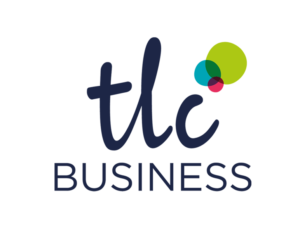Free ‘Top 10 Marketing Tools for SMEs’ Seminar

TLC Business is once again hosting its free annual marketing seminar in Winchester on the 12th July from 10am – 12:30pm.
This seminar will give you an overview of what marketing tools are out there for SMEs, why they might be useful, which offer the best value and what are the ones we would recommend to enhance your marketing’s effectiveness.
We will explore a range of topics including:
- CRMs – Do you get what you pay for?
- Social media management – How you can use your social media time more efficiently
- E-marketing – What software to use and why?
- Google analytics – What it all means and why you should be measuring
- Video – ” I’ve heard it is important but I don’t know where to start”
- Information sharing – Reduce costs and increase efficiency
- Marketing measurement – “50% of my marketing works and 50% doesn’t, the problem is, I don’t know which 50% is which”
Places are limited, so reserve yours today to avoid disappointment.
To book your place and for more details, click here.


 Last week, TLC Business hosted our annual marketing seminar at Southampton Science Centre. This year we focused on ‘Marketing for SMEs in 2014’. The guests were treated to a working lunch, tackling a range of hot topics on marketing for SMEs. As promised, we have created a blog outlining some of the main themes we explored on the day, so you don’t miss out!
Last week, TLC Business hosted our annual marketing seminar at Southampton Science Centre. This year we focused on ‘Marketing for SMEs in 2014’. The guests were treated to a working lunch, tackling a range of hot topics on marketing for SMEs. As promised, we have created a blog outlining some of the main themes we explored on the day, so you don’t miss out!